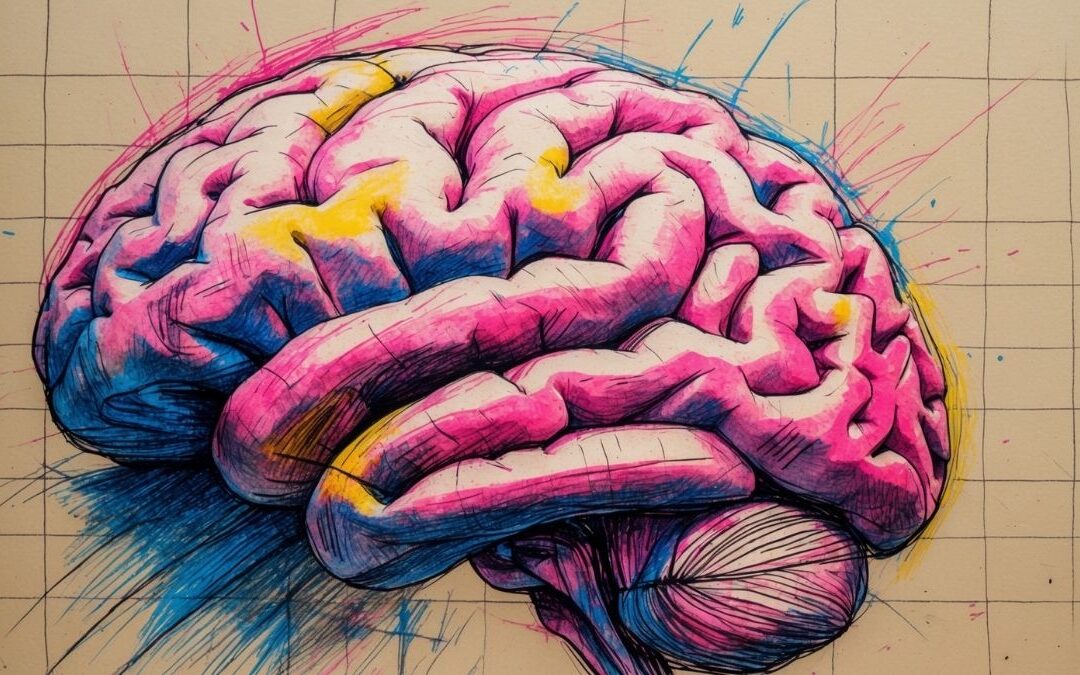Enshrined in the mighty Himalayas, guarded by snowy peaks and blessed with emerald valleys, lies the Kingdom of Bhutan. This small landlocked nation, often known as the Last Shangri-La, is renowned not for its military might or economic prowess, but for a unique philosophy that drives its national agenda – the concept of Gross National Happiness (GNH).
At first glance, Bhutan appears to have stepped out of a fairy tale. Its lush landscapes are dotted with fluttering prayer flags, its air is crisp and clean, and its cities echo with tranquility rather than the clamor of urban chaos. Yet, beneath this idyllic facade lies a profound and thought-provoking belief system that underscores every aspect of Bhutanese life – the idea that happiness, not economic growth, is the true measure of a nation’s progress.
As the morning sun bathes the mountain kingdom, the Bhutanese begin their day with a sense of purpose and tranquility, rooted in their belief that wellbeing goes beyond material possessions. In a world where success is often equated with wealth, Bhutan dares to think differently. The Bhutanese measure their prosperity not in terms of Gross Domestic Product, but through the lens of GNH, an idea that was introduced in 1972 by the fourth King of Bhutan, Jigme Singye Wangchuck.
This visionary king declared that “Gross National Happiness is more important than Gross Domestic Product,” challenging global conventions and laying the foundation for a paradigm shift in understanding societal progress. Rather than merely quantifying economic output, GNH takes a more holistic approach. It considers a variety of factors that contribute to human happiness and well-being, including psychological health, education, culture, good governance, and ecological diversity.
Wandering through Bhutan, you begin to see the tangible manifestations of GNH. You see it in the carefully preserved architecture, with buildings adorned in traditional motifs that tell tales of a culture deeply tied to its past. You see it in the abundant forests that cover the country, a testament to Bhutan’s commitment to environmental preservation. Remarkably, Bhutan is not just carbon neutral, but carbon negative, absorbing more carbon dioxide than it produces. You see it in the faces of the Bhutanese people, radiating contentment and peace.
Education in Bhutan isn’t simply about academics; it’s a journey of self-discovery and character-building. Schools not only equip students with conventional knowledge but also impart values of empathy, kindness, and respect for nature. It’s about preparing young minds to become not just good professionals, but good human beings.
As the sun sets, painting the sky in hues of crimson and gold, you witness another significant aspect of GNH – the preservation of culture. Despite the creeping influences of the outside world, Bhutan has managed to safeguard its rich cultural heritage. Traditional arts and crafts, music, dance, and local customs thrive, underpinned by a deep respect for history and tradition.
Perhaps the most striking pillar of GNH is the emphasis on spirituality. Buddhism, as the state religion, permeates every aspect of Bhutanese life. The numerous monasteries that dot the landscape are not just places of worship, but centers of community life. Here, spiritual practices like meditation and mindfulness are not simply rituals, but tools for personal growth and self-realization.
Living amidst this unique blend of culture, spirituality, and an unyielding commitment to sustainable living, the Bhutanese people seem to radiate an inner joy. Their smiles are genuine, their hospitality heartfelt. It’s as if they have discovered a secret, a recipe for true happiness that goes beyond material success.
Bhutan’s GNH isn’t without its challenges. Poverty, unemployment, and other social issues persist. Yet, Bhutan’s approach offers a fresh perspective on societal progress, a stark contrast to the consumption-driven model prevalent elsewhere. By placing happiness at the core of national policy, Bhutan underscores the belief that true development lies in the harmonious balance of material and spiritual growth.
As the moon takes its place in the star-studded sky, a serene silence descends upon the land. The only sounds that break the quiet are the whispering wind and the distant tolling of monastery bells. In this moment of stillness, you understand the essence of GNH. It is more than a policy; it is a philosophy, a way of life.
In the enchanting land of Bhutan, Gross National Happiness is not just a concept, but a lived reality. It’s a commitment to holistic wellbeing, a journey towards a society where progress is defined not by material wealth, but by inner contentment and harmony with nature.
As you venture beyond Bhutan’s borders, carrying with you the memories of a land where happiness is more than a fleeting emotion, you realize that the echoes of GNH can resonate far and wide. In a world obsessed with growth and productivity, Bhutan’s philosophy serves as a gentle reminder of what truly matters – our shared pursuit of happiness, not just as individuals, but as a collective humanity. It’s a lesson that every nation, every culture, and every person can learn from, a testament to Bhutan’s timeless wisdom.










0 Comments